Parrot Diet Guide: What Beginners Need to Know
So, you just got a parrot (or maybe you’re planning to get one), and now you’re asking the big question: what do these little feathered dinosaurs actually eat?
I remember when I brought home my first cockatiel, I thought, “Oh, just seeds, right?” … yeah, big mistake. I learned the hard way that parrots need way more than just a seed mix.
Parrot diet is honestly one of the most confusing things for beginners. Everyone tells you something different: “feed pellets only,” “give them fruits,” “avoid sunflower seeds,” blah blah. It can feel overwhelming. Don’t worry, though, I’ll share what I’ve learned over the years, with a few funny mistakes along the way.
Seeds Mixes
Okay, so here’s the deal. Parrots LOVE seeds. If you give them a bowl full, they’ll happily munch all day. But… too many seeds are like feeding your kids just French fries in every meal. Tasty? Yes. Healthy? Not really.
I used to give my cockatiel mostly seeds, and guess what, they got chubby and lazy. Seeds are high in fat, and while they’re okay in small amounts, they shouldn’t be the main diet.
Fruits & Veggies – Nature’s Treats
This is where the fun begins. Parrots love fresh stuff, and it’s good for them. Apples, carrots, spinach, bell peppers, corn, grapes, papaya, you name it. Just avoid avocado, chocolate, onion, and caffeine (all toxic).
I still laugh when I remember giving my parrots a piece of chili. Instead of burning, they LOVED it. Turns out parrots don’t feel chili heat like we do. He strutted around like a little king with chili seeds stuck to his beak.
Fresh Water – Don’t Forget This!
Sounds obvious, but beginners often forget how important water is. Change it daily. Parrots dunk food, poop, and even try to bathe in it sometimes. Dirty water = bacteria = sick bird.
Occasional Treats
Fatty seeds, nuts, or millet spray make great training rewards. But remember: treat = sometimes. If you overdo it, your bird will just eat junk and ignore the healthy stuff.
Pellets – The “Fast Food” That’s Actually Healthy
Most avian vets recommend pellets these days. Think of pellets as a balanced meal in one bite vitamins, minerals, proteins, all packed in. It’s like a multivitamin for your bird.
Problem? Some parrots act like pellets are poison. My Indian Ringneck literally threw them out of the bowl for weeks before finally starting to nibble. The trick I learned: mix a few pellets with seeds, gradually increase the amount. Patience is the key.
Quick Do’s and Don’ts
- Do: Offer variety (pellets, veggies, fruits, a few seeds).
- Do: Wash fresh food well before giving.
- Don’t: Give avocado, chocolate, alcohol, coffee, salty or fried foods.
- Don’t: Leave wet food in the cage for hours (it spoils fast).
Final Thoughts
Feeding parrots isn’t rocket science, but it does take some effort. Think of them like kids; they’ll go for the tasty junk first, but if you set routines and offer variety, they’ll adapt. A healthy diet = a happy, active parrot with shiny feathers and fewer diseases.
When I see my birds munching on fresh apple slices or crunching carrots, I always smile. They deserve the best, right?
So, if you’re a beginner, start simple: a balanced seed mix, a mix of fresh fruits/veggies, and just a sprinkle of supplements to fulfill the shortcomings. Trust me, your feathered friend will thank you with whistles, words, and maybe a few funny dance moves.
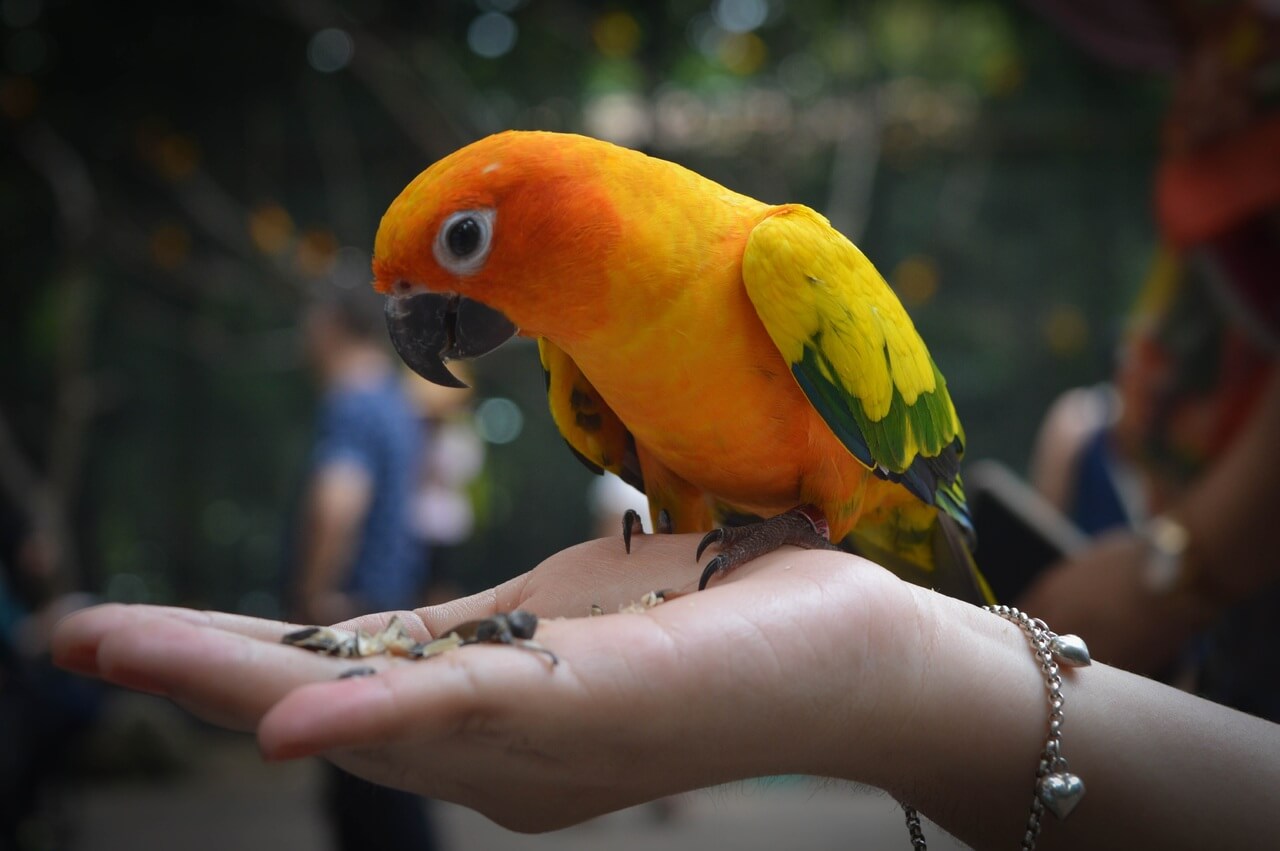
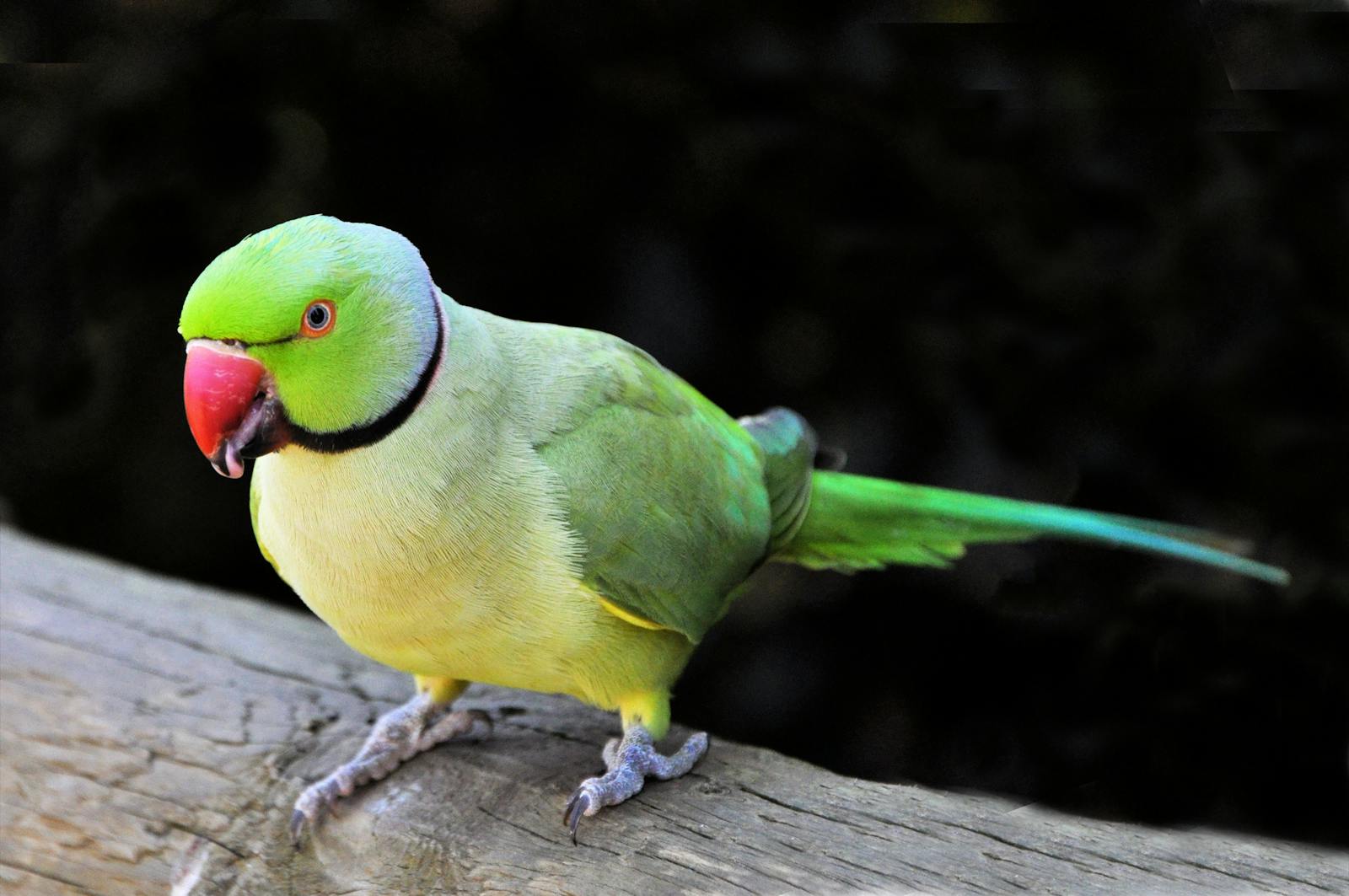
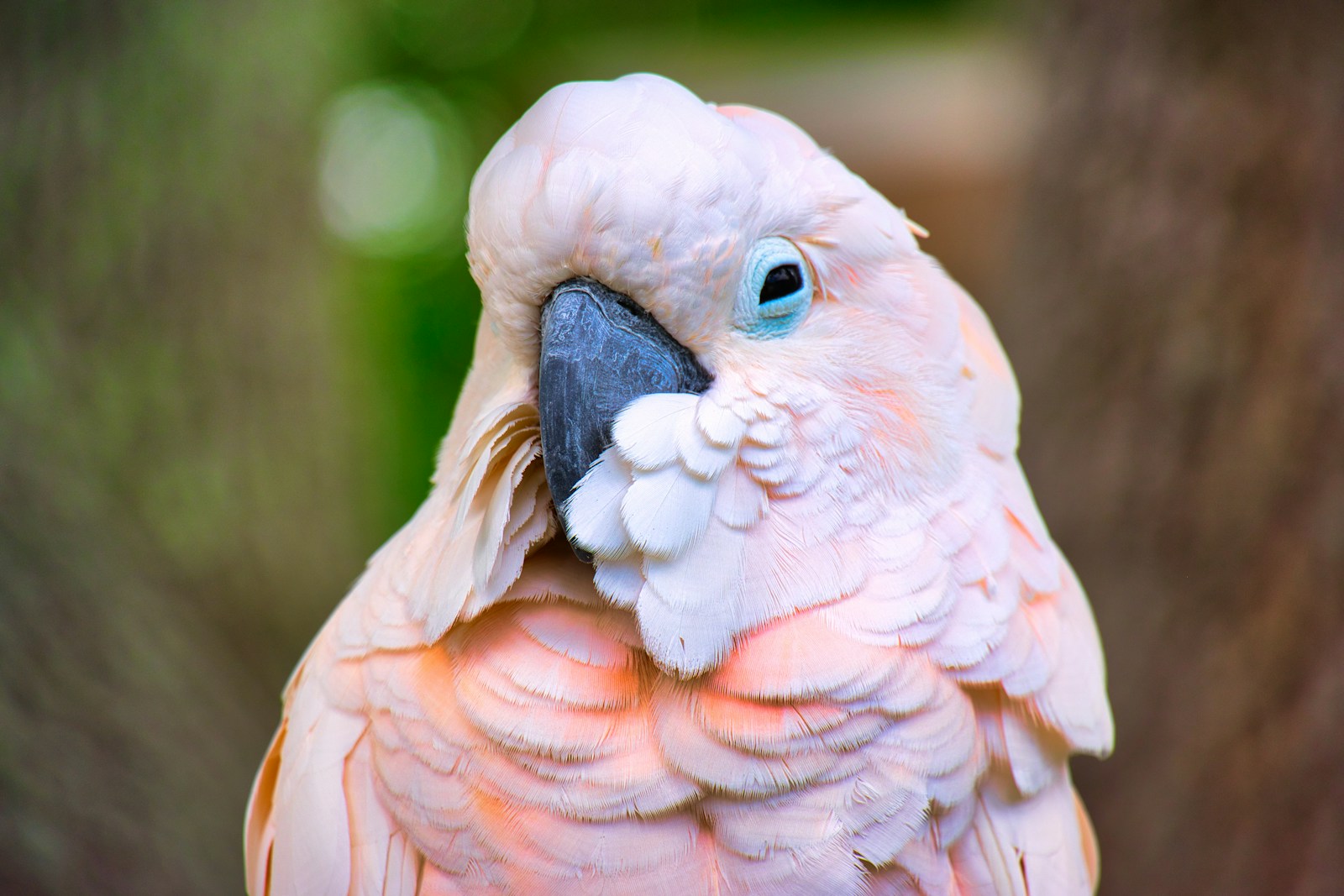
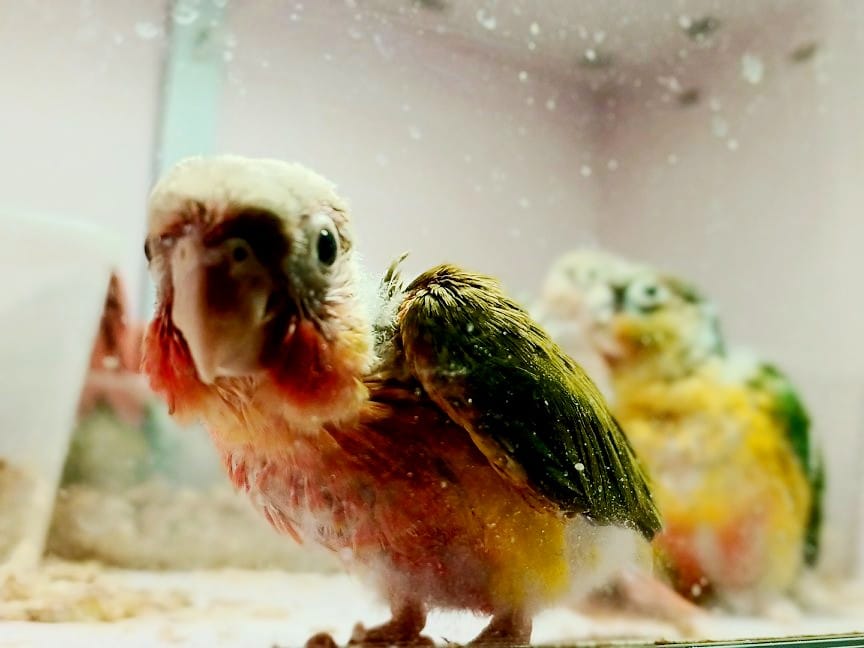
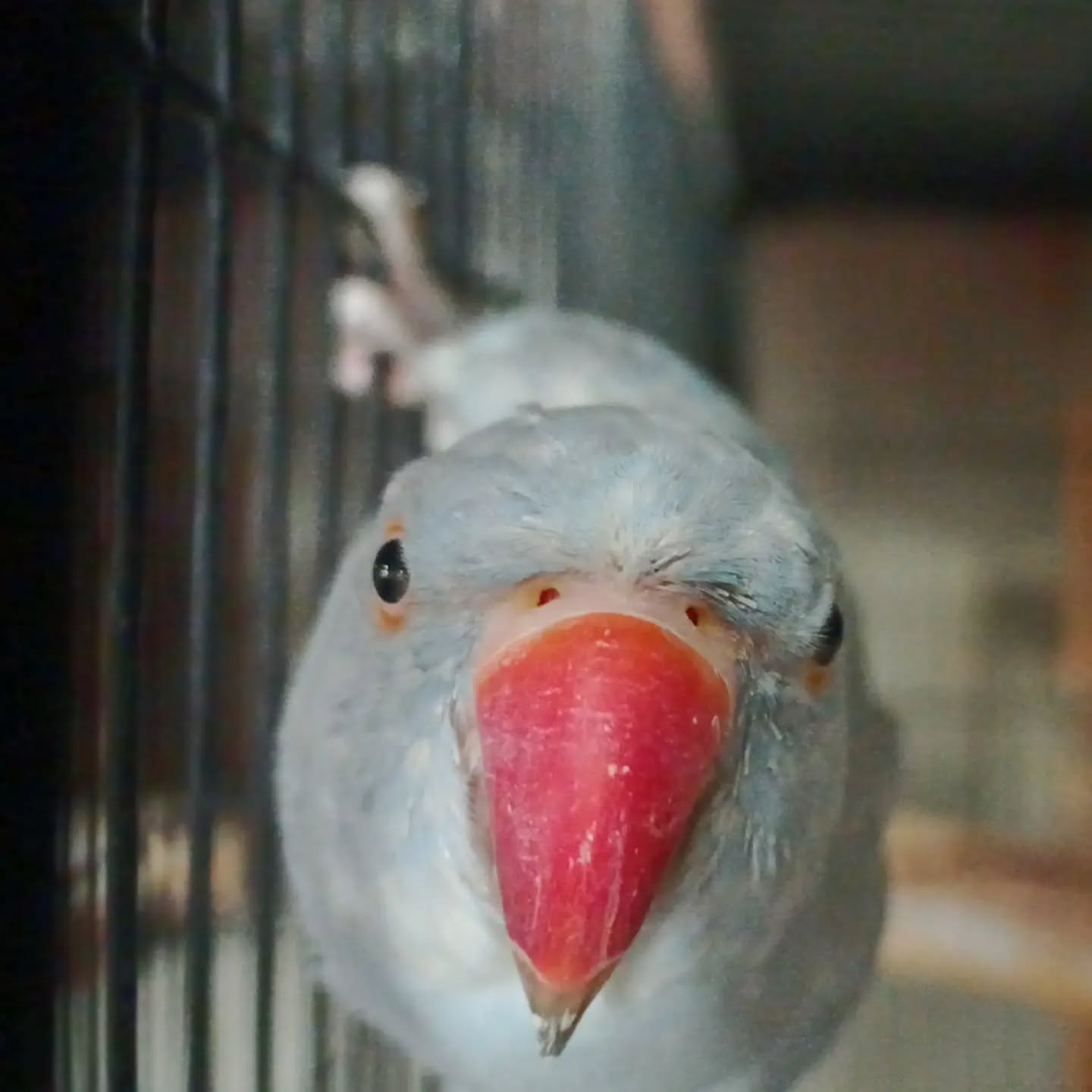
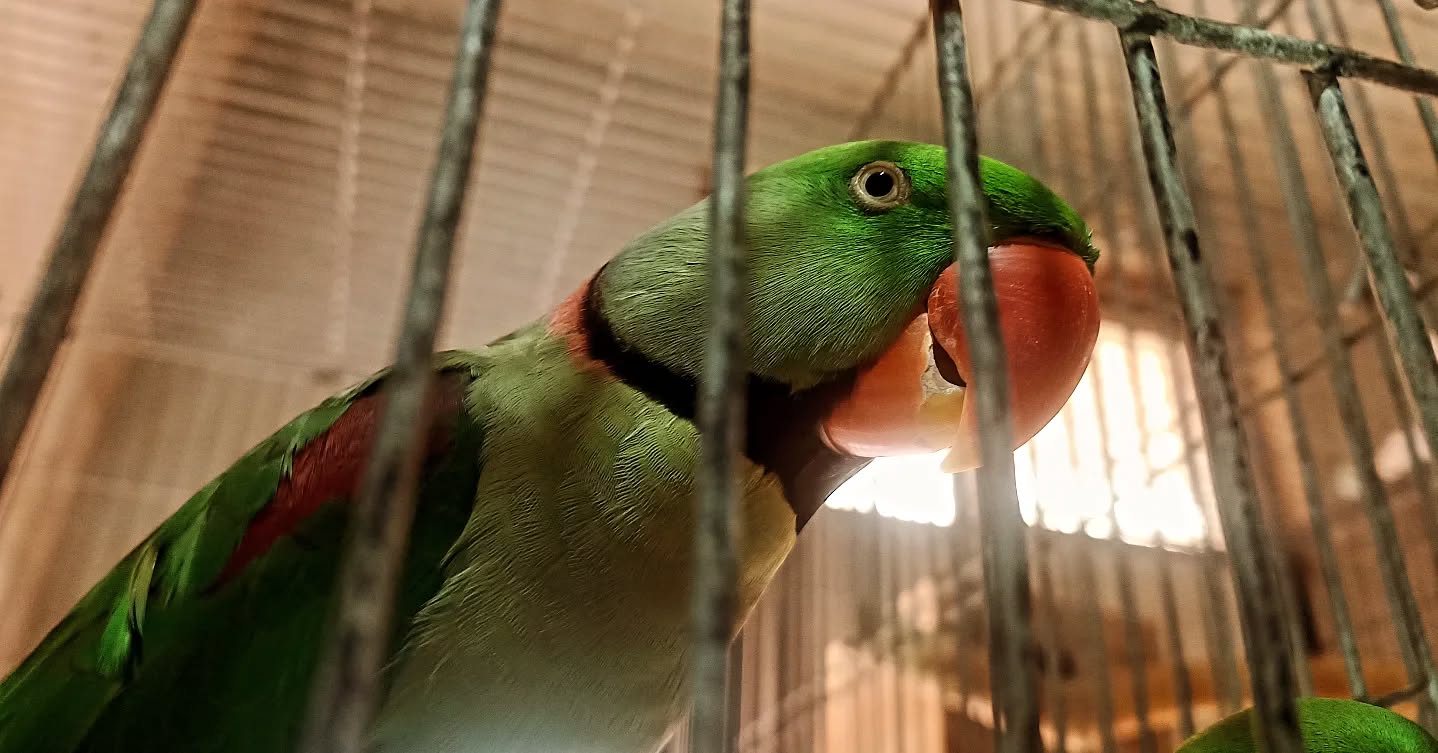
Leave a Reply